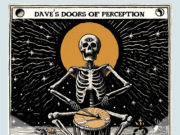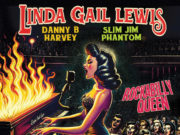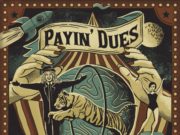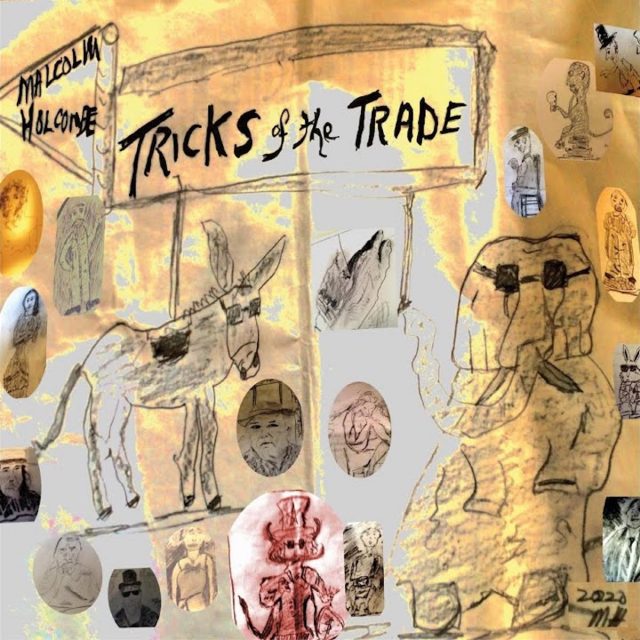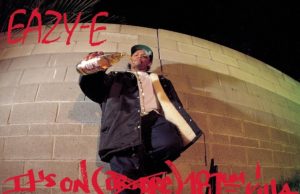THE EDITED PRESS RELEASE: “To know Malcolm is to know stories — the stories he tells in his songs and the stories people love to tell about Malcolm Holcombe. And Lord knows some are legendary. You’ll hear plenty of stories on his latest album Tricks of the Trade. Malcolm’s an amazing recording artist in that he’s able to catch the fire of his live performances in the studio. He’s put out 16 or more records since the mid-90’s, but since 2015 he’s put out six albums and a separate series of singles. He’s had a big flow going, hardly hampered by near-death health crises, or pandemics, or the verities and vicissitudes of whatever the biz is, just a steady stream of brilliant original work.
Tricks of the Trade comes at the crest of this wave, with Malcolm at full throttle, surrounded by his main accomplices, Dave Roe and Jared Tyler. Malcolm’s been recording with Roe since 2007, and Tyler goes back even further, at least to Malcolm’s 1999 masterpiece, A Hundred Lies. These guys understand Malcolm and his music, and serve as producer and co-producer of Tricks of the Trade along with Brian Brinkerhoff, who’s been the label/producer of this late flow of Malcolm records. And the record was made at Roe’s Seven Deadly Sins Studios in Nashville. You can feel them owning that atmosphere on this one.
Malcolm comes from many musical traditions: Folk, country, rock, bluegrass, blues, gospel, it’s all there somewhere, rolled into a mix of his own declaration. And much has been made of Malcolm’s western N.C. mountain and hill country roots that seem to orient and flavor his rendering. It’s all of that, but more as well. There’s mystery in Malcolm’s songs like there’s mystery in life. Everything’s not spelled out; the songs take their own shape as much as being worked to a form. Malcolm’s lyrics are often like reading Rimbaud in translation. A certain light shines through his words even when you don’t follow all of his meaning, a kind of endowment of meaning that’s given to the expression.

Like any songwriter, Malcolm sings universal themes. And when he sings of love it comes from a deep place as in Lenora Cynthia, and through his own personal visions: reach over to the mornin’ / speak softly passin’ by the prison in my head / must live and never die / the floor is hard as nails / ramshackled broken steps / I stumble in your arms. Or sometimes, like in the country song, Misery Loves Company, he has a hard but humorous take on love: I’ve tasted and I’ve wasted the good life that I had / my poor selfish drinking made a rich ol man go mad … I passed out and I cried out / my God what have I done / she’s gone … I oughtta be on tv with a guitar strummin’ / smile cause misery loves company / when the neon’s burnin’/bright.
The album is infused with takes on national crises and situations, but always filtered through Malcolm’s personal language and perspective. Everybody’s deal is with the money train, and good intentions and crazy man blues lets you know what’s going down on a national level. The hierarchy of the rich and powerful are never far from Malcolm’s configuring. And he lets you know he comes from a different place.Malcolm rolls deep and wide and lets you know how it is with him and the world, but he always paints a picture of determination.”



